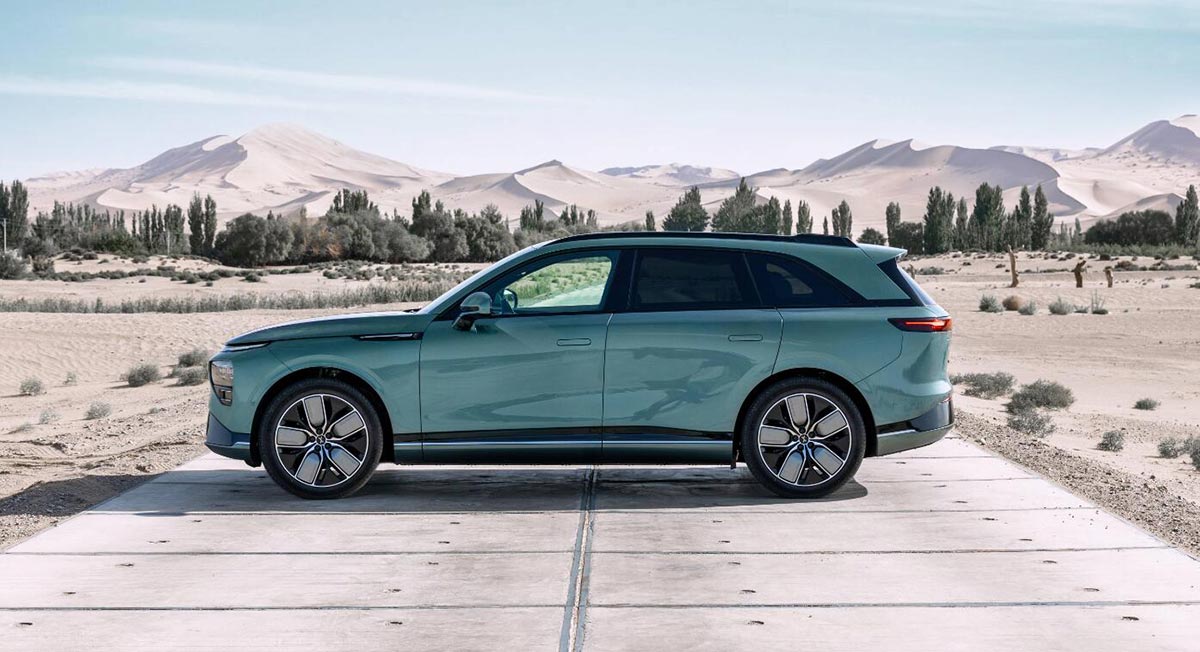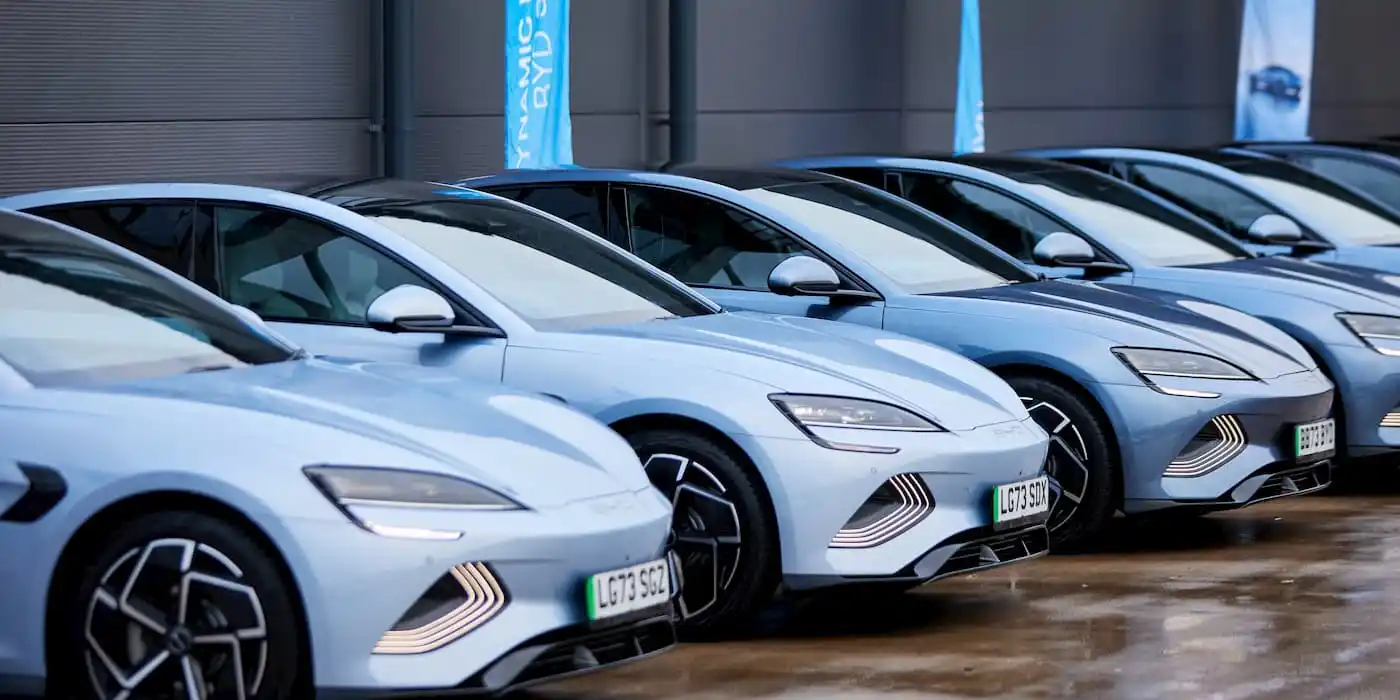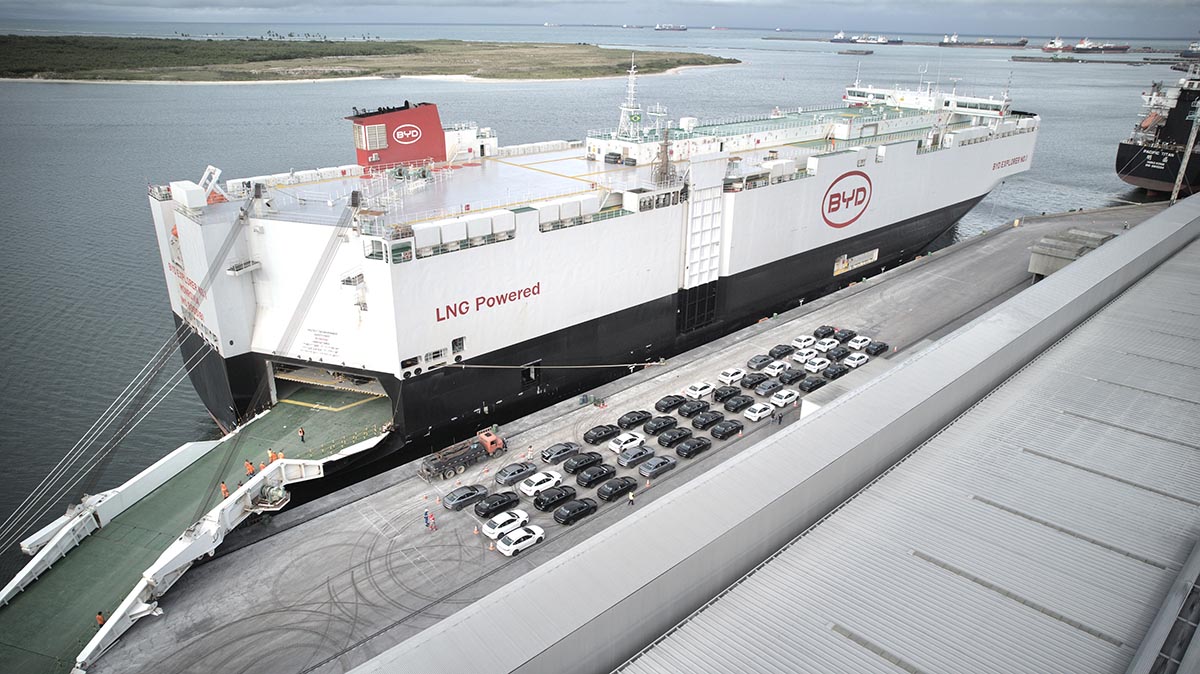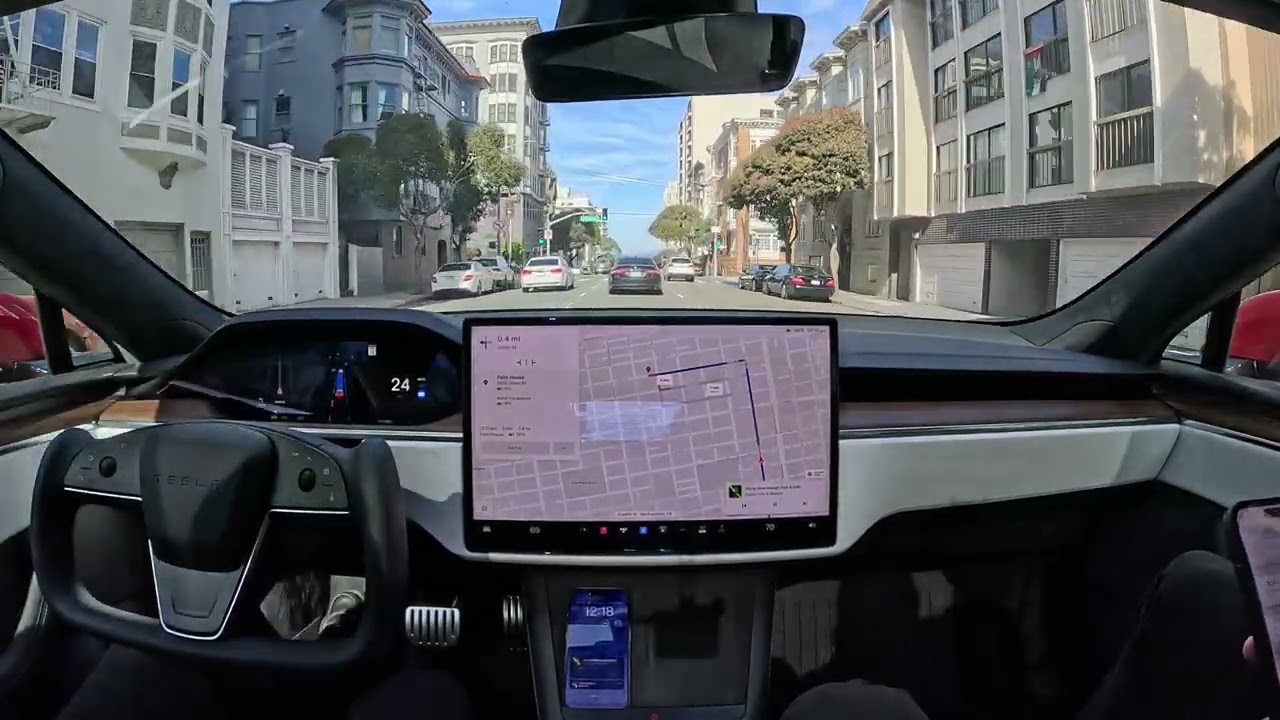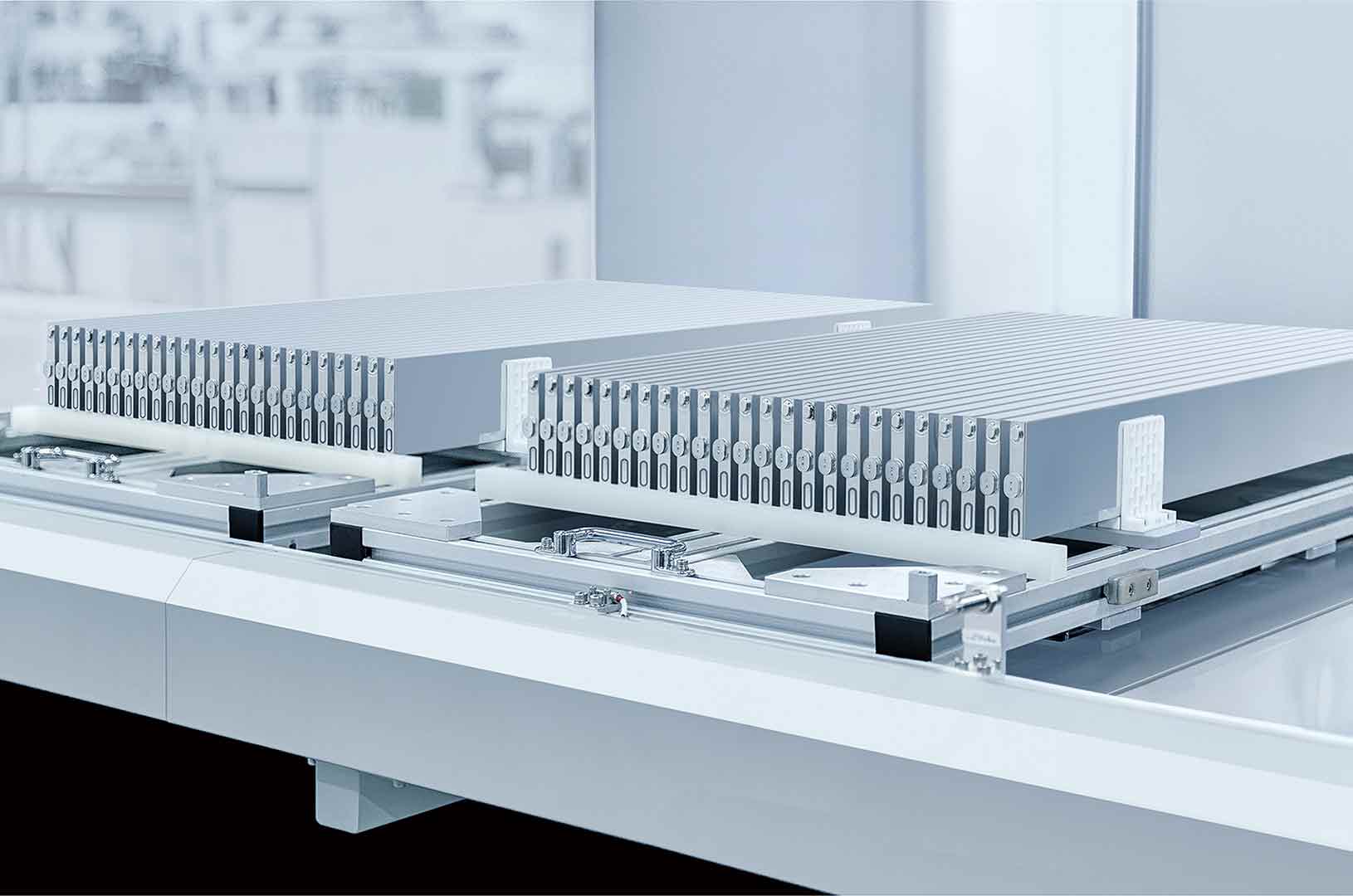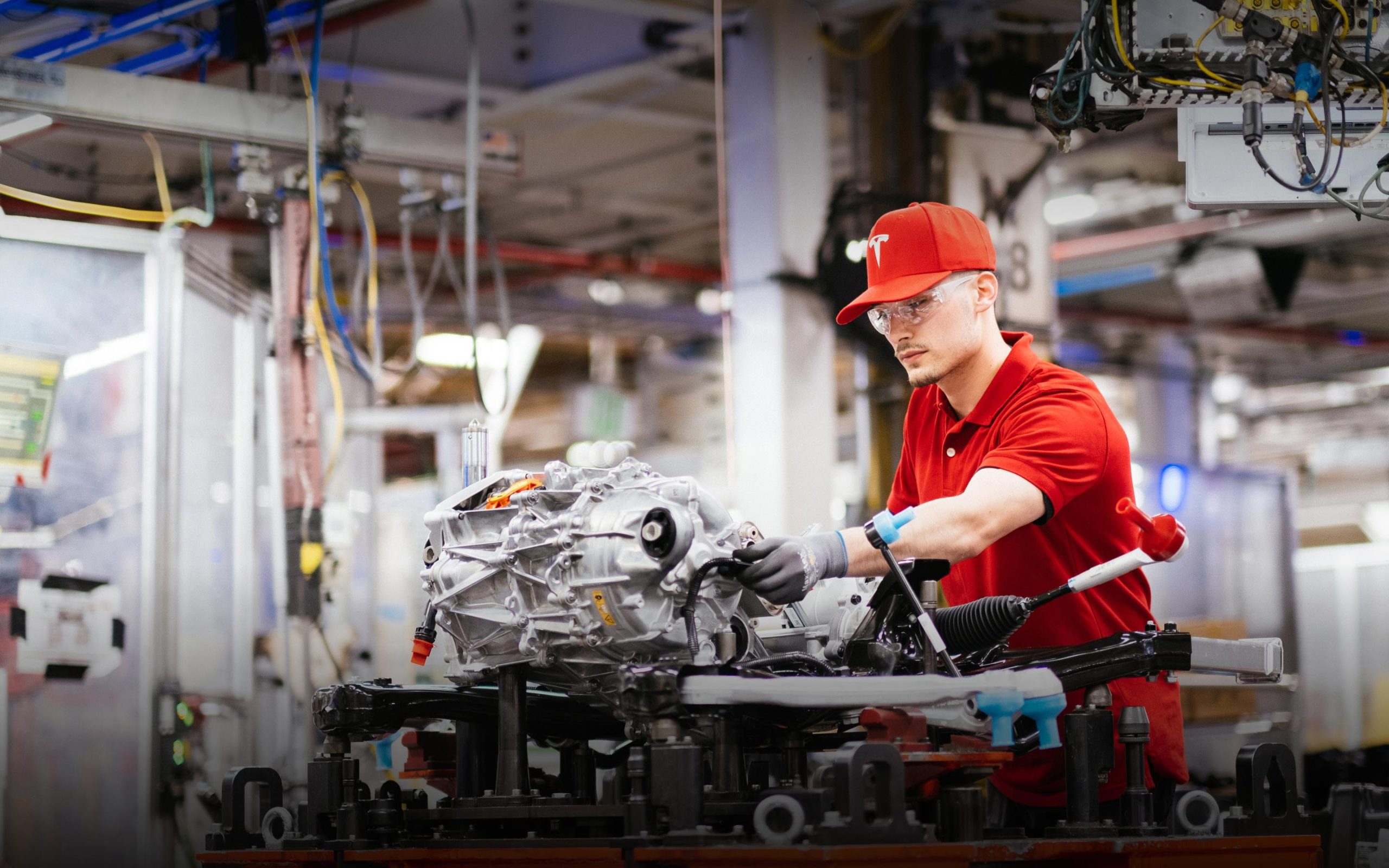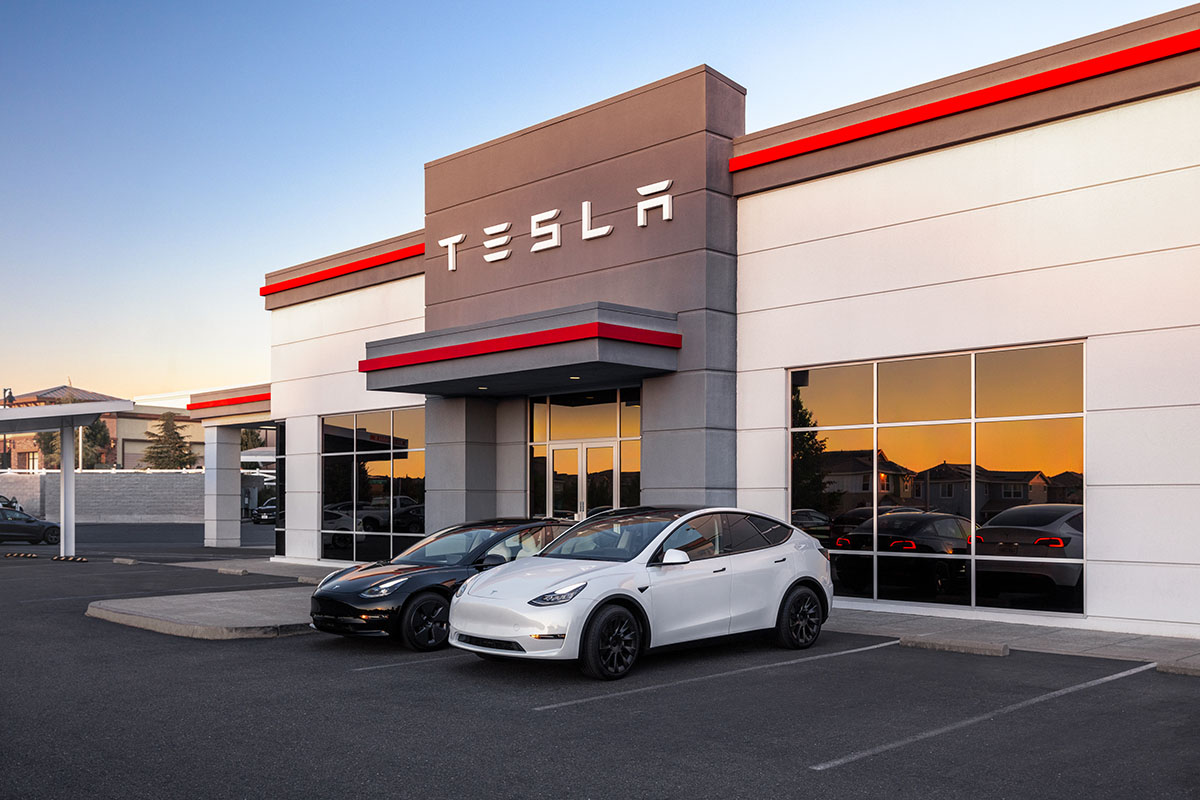European Union (EU) has announced tariffs on EVs imported from China, effective next month. The decision, based on an investigation into Chinese state aid, will see varying tariffs imposed on different carmakers. Notably, Tesla, with its Shanghai factory, will be excluded for the time being.
According to the EU Commission, BYD will face a special duty of 17.4 per cent, while Geely and SAIC will face 20 per cent and 38.1 per cent, respectively. These rates were determined based on the level of governmental aid received by these companies, allowing them to offer their electric vehicles in Europe at lower prices.
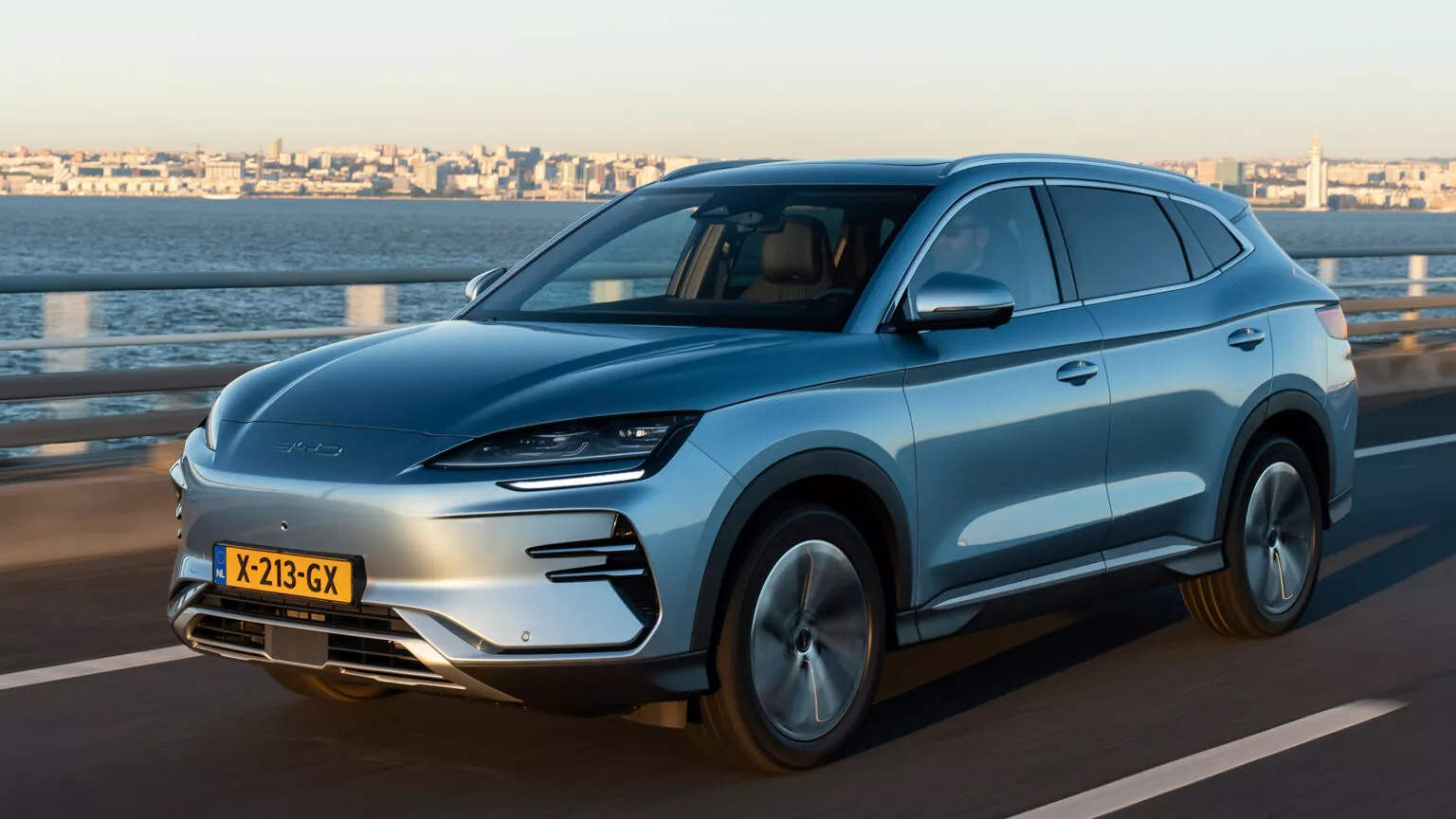
For other Chinese EV manufacturers that cooperated with the EU’s anti-subsidy investigation but were not sampled, an average tariff of 21 per cent will apply. For those that did not cooperate, the duty will be 38.1 per cent. Tesla, although not a Chinese carmaker, builds its Model 3 in Shanghai and exports it to Europe, and may receive an individually calculated duty rate in the future.
The imposition of tariffs, starting in July, is initially provisional and subject to a vote by EU member states before 2 November. Definitive duties, if imposed, are usually effective for five years. The EU Commission has expressed willingness to discuss these findings with Chinese authorities to resolve the issues identified in a WTO-compatible manner. However, if talks fail, the provisional countervailing duties would be introduced from 4 July.
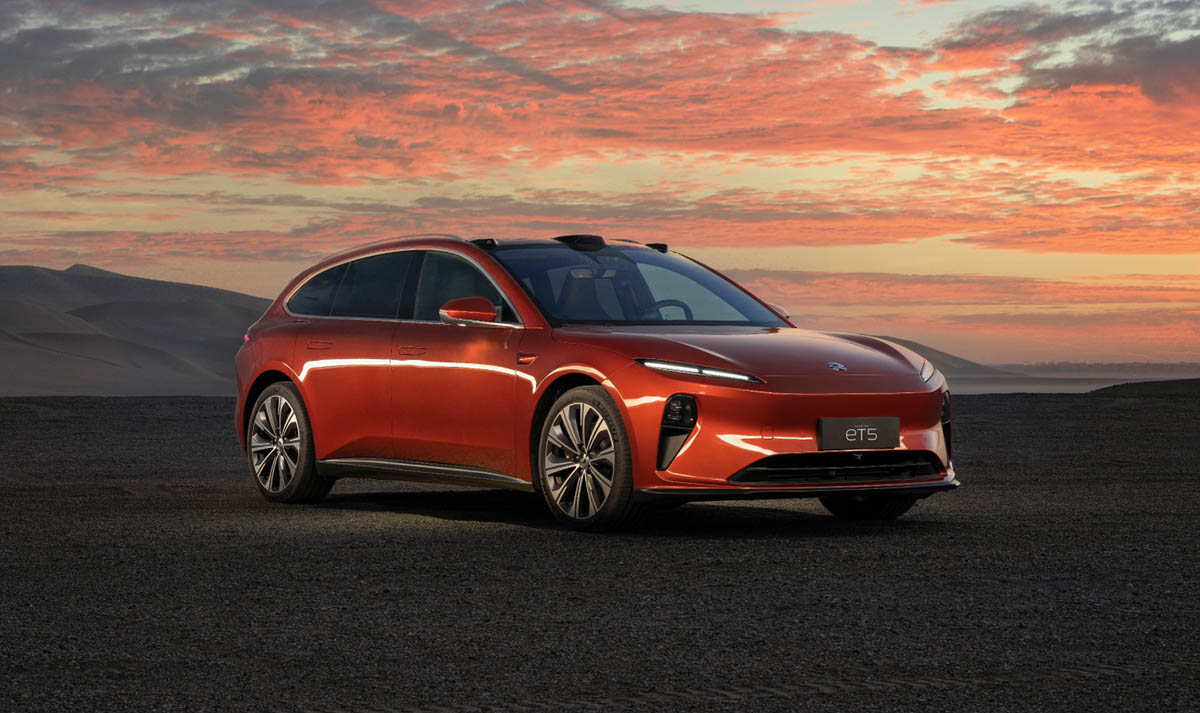
The tariffs are expected to generate over two billion euros annually, but have faced opposition from the German government, supported by Sweden and Hungary, to avoid a trade war with Beijing. On the other hand, France and Spain have supported the move. The Kiel Institute for the World Economy predicts that a 20 percentage point increase in import duties could reduce Chinese EV imports by a quarter, leading to higher prices for end consumers but potentially boosting production within the EU.
EU Trade Commissioner Valdis Dombrovskis emphasized the need for fair competition, stating, “Competition must be fair.” Chinese EVs are currently about 20 per cent cheaper on average than EU-produced vehicles, with Chinese manufacturers expected to reach a 15 per cent market share in Europe next year. However, this pricing advantage is believed to be due to state subsidies, according to Dombrovskis.
